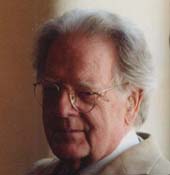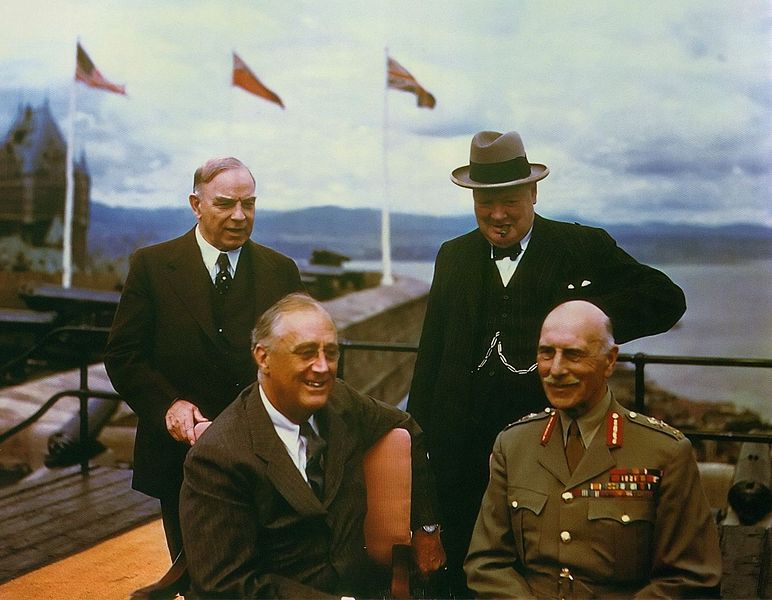Thinking about the recent horrors of runaway laissez-faire capitalism and what its alternative might be has brought me around to this entry in one of Frye’s “Third Book” notebooks:
Elie Wiesel, Legends for our Time. The last chapter, “A Plea for the Dead,” describes how nobody made any real fuss when six million Jews were murdered in Germany. Nobody to blame, except everybody. This is the kind of thing that makes it impossible for me to be a Buddhist, to accept ignorance and enlightenment as ultimate categories. The terrible burden of guilt simply has to be accepted: we can’t cast it off even on Christ.
What we can do about it involves organization — moral organization. Communism cannot produce this: it’s only the other side of capitalism, and accepts all its economic-man stereotypes. Teaching people one by one to be more sympathetic is futile. Western organization is the key, though no Western society has it. Our fumblings for “participatory democracy” really have as their goal a society in which one almighty yell can go up, almost automatically, when East Pakistan or black Rhodesia or whatever gets out of line with our moral sense. We don’t really lack moral feelings; what we lack is a social structure in which to embody them. (CW 9, 321)
In the absence of such a moral social structure we get the Tea Party, which is itself a creation and a tool of a deeply entrenched and self-serving oligarchy. (That is, the top 1% of the population that owns 38% of the wealth and takes in 25% of the income — and still demands tax cuts.)

